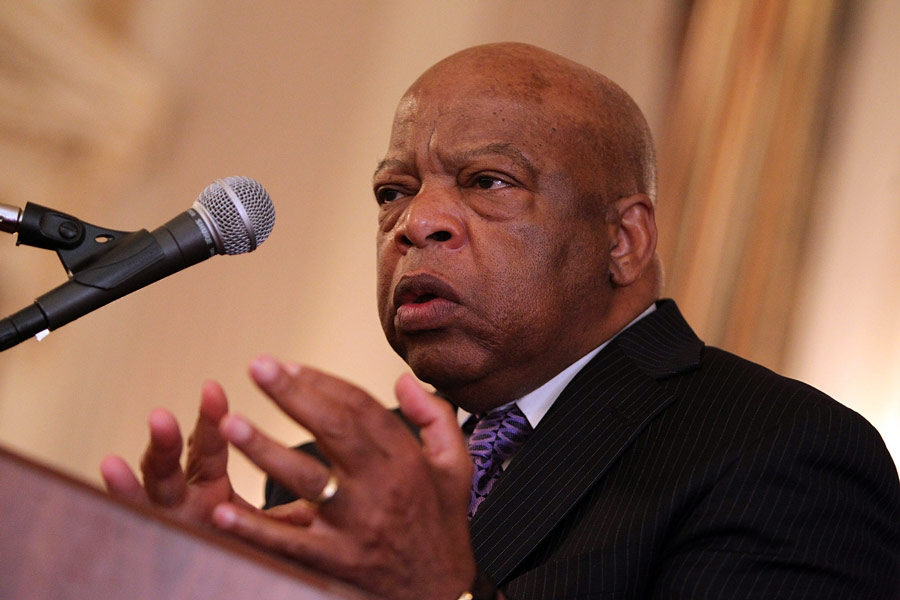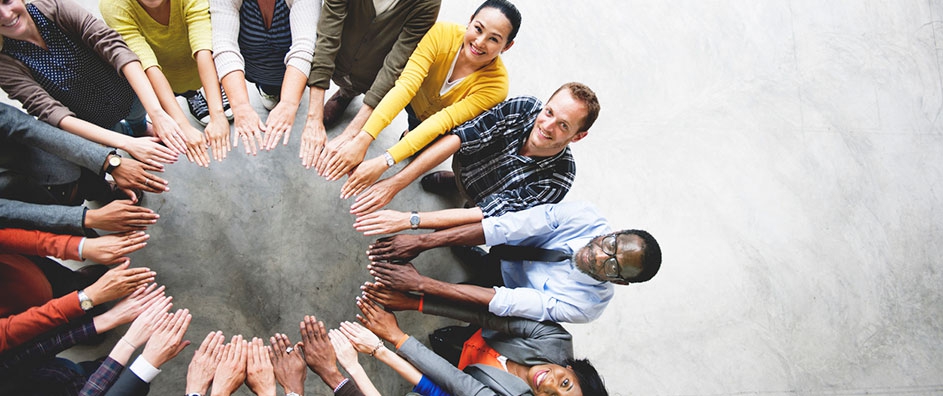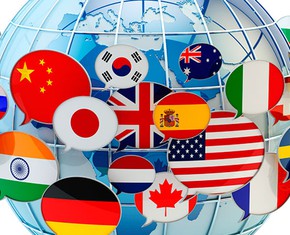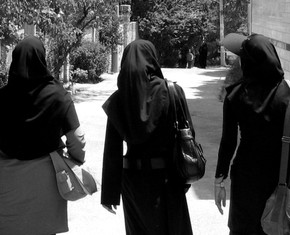The views expressed in our content reflect individual perspectives and do not represent the authoritative views of the Baha'i Faith.
Sometimes it seems that racial hatred and the anger it generates have quashed all hope for love, amity and unity.
But the January 27th online edition of the Observer carried an article that brought me a smile, a “Yes!” and a feeling of renewed hope. The headline for the piece by John A. Tures reads, “John Lewis, A Lynching Apology and Unity Come to Small Town Georgia.”
Tures attended two events in La Grange, Georgia, where dis-unifying elements could have disrupted the intent of the gatherings. He was happy to report that both ended up being positive examples of how life can move forward rather than backwards.
Tures noted that civil rights icon and Congressional Representative John Lewis, in his address at La Grange College in observance of Martin Luther King, Jr. Day, “… focused on his life, his struggle, his interactions with Dr. King, and all the positive change that had occurred over his lifetime, exhorting the crowd to do more.”

Congressional Representative John Lewis
Shortly after the program, Tures writes, “I made my way from our beautiful campus, with plenty of buildings and land donated by the wealthy Callaway Family … to a more humble setting in the heart of the African American community, to a church, where we would hear about another Callaway,” a Black teenager suspected of assault on a white woman.
Following the arrest of the teenaged Austin Callaway in 1940, police did nothing to stop the revenge-seeking white townsfolk, who did not accept the law which states that a person is innocent until proven guilty. The mob dragged the boy into a field and shot him. Tures notes, “The police refused to investigate, the judicial system looked the other way, the media barely noted the event, no politician lifted a finger, and the citizens stayed quiet …”
In a historical and healing gesture, the town’s current Police Chief, Lou Dekmar, a white man surrounded by many of his officers, stood up at the Warren Temple United Methodist Church and apologized to members of Austin Callaway’s family. Apologies came also from Mayor Jim Thornton and from the college’s president, Dan McAlexander, on behalf of all the townspeople who had turned a blind eye to the killing. Chief Dekmar said:
I sincerely regret and denounce the role our Police Department played in Austin’s lynching, both through our action and our inaction. And for that, I’m profoundly sorry. It should never have happened.
Tures relates that of the African American politicians, NAACP representatives and family members who spoke, their “… words and tone weren’t about revenge or bitterness, but thanks for the gesture, and optimism for the future.”
Tures’ article reminded me of the 1991 public statement The Vision of Race Unity, issued by the National Spiritual Assembly of the Baha’is of the United States. The opening paragraph warns:
Racism is the most challenging issue confronting America. A nation whose ancestry includes every people on earth, whose motto is E pluribus unum, whose ideals of freedom under law have inspired millions throughout the world, cannot continue to harbor prejudice against any racial or ethnic group without betraying itself. Racism is an affront to human dignity, a cause of hatred and division, a disease that devastates society.
The statement tells us that:
The responsibility for the achievement of racial peace and unity in the United States rests upon both Black and White Americans. To build a society in which the rights of all its members are respected and guaranteed, both races must be animated with the spirit of optimism and faith in the eventual realization of their highest aspirations. Neither Black nor White Americans should assume that the responsibility for the elimination of prejudice and of its effects belongs exclusively to the other. Both must recognize that unity is essential for their common survival. Both must recognize that there is only one human species. Both must recognize that a harmoniously functioning society that permits the full expression of the potential of all persons can resolve the social and economic problems now confounding a society wracked with disunity.
The responsibility for the elimination of racism, Baha’is believe, has to be a shared responsibility:
Both groups must understand that no real change will come about without close association, fellowship, and friendship among diverse people. Diversity of color, nationality, and culture enhances the human experience …
The actions taken in La Grange, Georgia—and in many other places around the globe—leave us with hope that the Baha’i Vision of Race Unity is on its way to being realized. Whether in the United States or any other part of the world, the actions of both the black and white communities of La Grange can serve as a shining example for us all to follow. When we all work together to heal the lingering pain—whether of racism or any other prejudice and injustice that has been perpetrated and suffered—we build up the hope for a civilization that no longer allows racial divisions to stop its progress.
You May Also Like
Comments

















For further information and a copy of current resources (that can be used for small group discussion activity, workshops, across the dining room table and more) and to contribute suggestions, please send a brief introduction (so we understand from where interest springs) and a request to:
Do please support this fascinating and important service ...project.